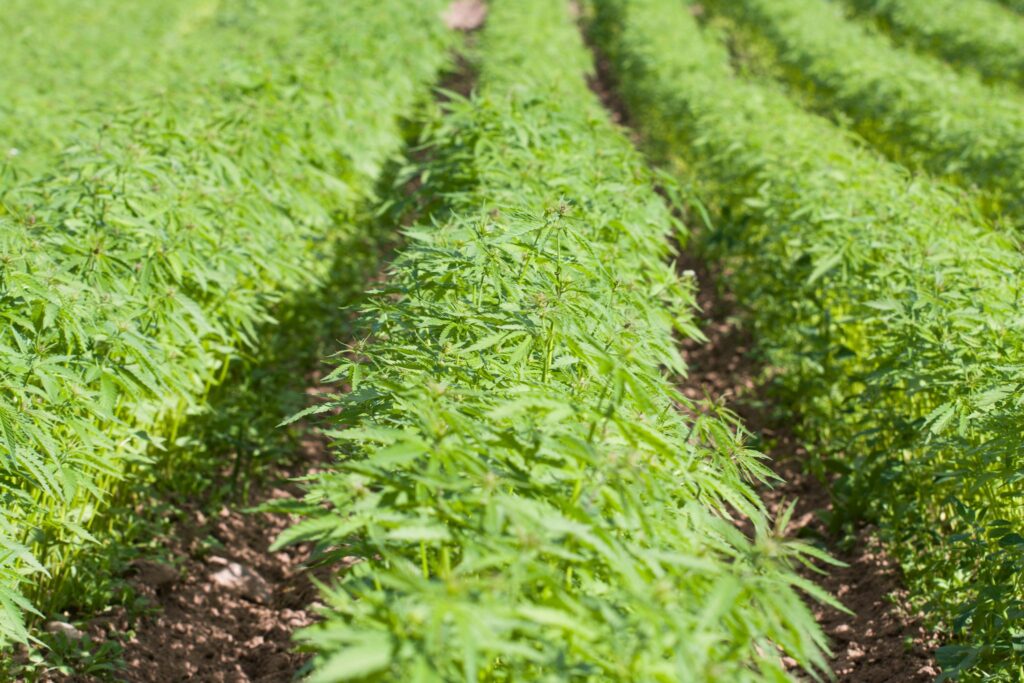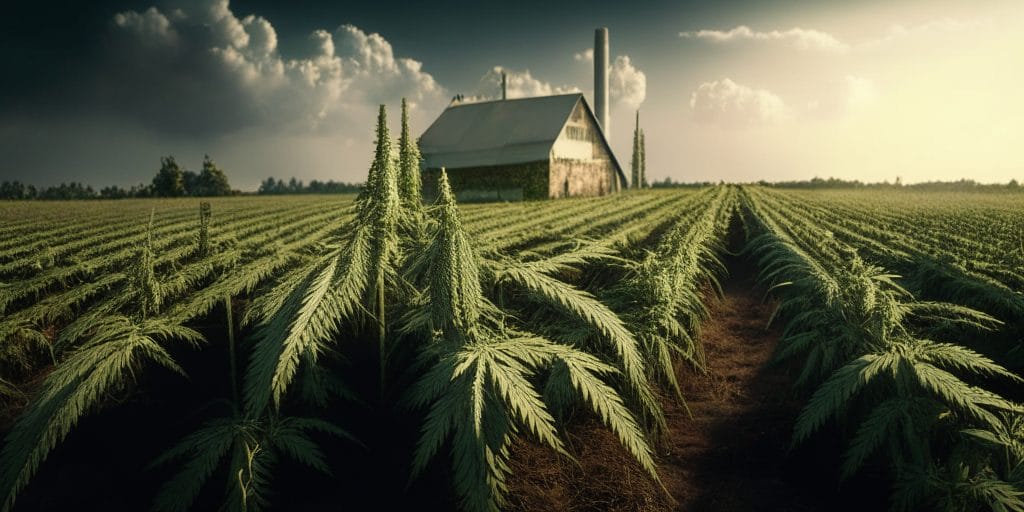The hemp industry, once hailed as a beacon of agricultural innovation, is grappling with a perfect storm of regulatory challenges. Since the 2018 Farm Bill legalized hemp, defined as cannabis with less than 0.3% delta-9 THC, the sector has seen explosive growth, with the U.S. market valued at $824 million in 2021 and projected to reach $17.24 billion globally by 2030. Yet, this promising trajectory is under siege. State bans on hemp-derived products and congressional delays in clarifying federal regulations threaten to derail the Hemp Industry Online, Hemp Industry Wholesale, and Hemp Industry White Label markets. These hurdles, rooted in public health concerns and bureaucratic inertia, are reshaping the landscape for farmers, retailers, and consumers alike.
A Boom Built on Fragile Foundations
The 2018 Farm Bill was a game-changer, reclassifying hemp as an agricultural commodity and opening doors to crop insurance, farm loans, and research grants. By 2023, the U.S. hemp crop was worth $291 million, an 18% increase from 2022, according to the USDA’s National Hemp Report. This growth fueled diverse sectors: cannabinoids like CBD, fiber for textiles, and grain for food products. The Hemp Industry Online flourished, with e-commerce platforms like CBDistillery reporting $60 million in revenue in 2018 alone. Meanwhile, Hemp Industry Wholesale operations supplied retailers with raw materials, and Hemp Industry White Label companies enabled small businesses to brand and sell hemp products without manufacturing infrastructure. States like Kentucky, a historical hemp hub, led the charge, with farmers like Dion Oakes diversifying into fiber and grain to meet rising demand.
But the boom came with baggage. The Farm Bill’s loose framework left gaps in oversight, particularly for intoxicating cannabinoids like delta-8 THC, which manufacturers synthesized from hemp to mimic marijuana’s effects. Sold in vape shops, gas stations, and online, these products sparked a regulatory backlash. The FDA’s refusal to regulate CBD as a dietary supplement, citing insufficient safety data, further muddied the waters. This regulatory ambiguity has left the industry vulnerable to state-level crackdowns and federal inaction, threatening its economic contributions—over 100,000 jobs in Florida alone—and its potential as a sustainable crop that sequesters twice as much carbon per hectare as forests.
State Bans: A Patchwork of Prohibition
As federal guidance falters, states are taking matters into their own hands, creating a fragmented regulatory landscape. By 2024, 21 states had restricted or banned psychotropic hemp-derived products, citing public health risks. California’s Department of Alcoholic Beverage Control, for instance, prohibited alcohol-licensed businesses from selling hemp beverages with any detectable THC, with agents seizing products from shelves in October 2024. Missouri’s August 2024 executive order banned intoxicating hemp products outright, threatening penalties for food and liquor licensees. Florida’s Senate Bill 438, proposed in 2025, aims to cap THC in beverages at five milligrams per container and ban delta-8 THC, potentially disrupting the state’s $10 billion hemp market. These measures, often backed by alcohol and marijuana industry lobbyists, favor larger players while squeezing out Hemp Industry Wholesale distributors and Hemp Industry White Label firms reliant on cost-effective production.
Some states, like Arkansas and South Dakota, have adopted “total THC” limits, which include delta-8, delta-10, and THCA in THC calculations. A product with 0.2% delta-9 THC and 20% delta-8 THC, for example, would be deemed illegal under a 0.3% total THC cap. Such restrictions, coupled with bans on chemically modified cannabinoids, have stifled innovation. Tennessee, a hemp-friendly state, requires annual licensing and movement permits to streamline compliance, but even here, regulatory uncertainty looms. The Hemp Industry Online faces additional challenges, as online sales often bypass state restrictions, prompting calls for stricter e-commerce oversight. These state-level actions, while aimed at protecting consumers, risk pushing sales to unregulated black markets, undermining legitimate businesses.

Congressional Delays: A Stalemate Stifling Progress
At the federal level, the hemp industry is caught in a bureaucratic tug-of-war. The FDA and Congress are locked in a stalemate over CBD regulation, with the FDA insisting it needs congressional authority to regulate CBD as a dietary supplement, while Congress demands FDA guidance first. Jonathan Miller of the U.S. Hemp Roundtable notes this “game of pointing fingers” has stalled progress, leaving the industry without a cohesive federal framework. The 2024 Farm Bill, which could have clarified hemp regulations, includes provisions to ban consumable hemp products with “quantifiable amounts” of THC, alarming stakeholders who fear market disruption. The Congressional Research Service warns these changes could “create confusion” due to vague language, potentially halting the cannabinoid sector’s growth, which outpaces marijuana in some markets.
The USDA, tasked with overseeing hemp production, has also faced criticism. Its revocation of hemp licenses for farmers growing state-legal marijuana highlights policy conflicts, while delays in updating testing requirements—such as extending the DEA-registered lab mandate to December 2025—add compliance burdens. Proposed THC threshold increases to 1% in the upcoming Farm Bill could shift focus to cannabinoid production, but industry purists argue this detracts from hemp’s industrial potential in fiber and grain. The Hemp Industry White Label sector, reliant on stable regulations to produce branded goods, struggles to adapt to this uncertainty, while Hemp Industry Wholesale supply chains face disruptions from inconsistent state and federal rules.
The Path Forward: Resilience Amid Uncertainty
Despite these challenges, the hemp industry is far from defeated. Stabilization signs are emerging, with USDA data showing modest price and acreage increases in 2024. Advocates like Morris Beegle of NoCo Hemp Expo call for coherent federal regulations to replace disjointed state policies, ensuring equitable treatment for hemp as a commodity. Innovations in genetics and processing infrastructure are bolstering fiber and grain markets, positioning the U.S. for global competitiveness. The Hemp Industry Online continues to thrive in states like Minnesota, where clear regulations allow hemp beverages to dominate retail shelves. Meanwhile, Hemp Industry Wholesale and Hemp Industry White Label businesses are pivoting to non-CBD products, like hemp-based plastics and biofuels, to diversify revenue streams.
Public pressure is also mounting. Bipartisan lawmakers criticize the FDA’s inaction, and industry lobbying efforts, such as the U.S. Hemp Roundtable’s meetings with 55 congressional members in 2024, aim to protect hemp’s economic and environmental potential. For Black and Indigenous farmers, hemp offers a low-land-intensity crop to address historical agricultural inequities, a focus of the 2023 Farm Bill discussions. As the industry awaits the next Farm Bill, expected in 2025, stakeholders urge Congress to prioritize clear, science-based regulations that balance public safety with economic growth.
A Call to Action for a Sustainable Future
The hemp industry stands at a crossroads. State bans and congressional delays threaten to unravel years of progress, but the sector’s resilience and versatility offer hope. With a market poised for exponential growth and a crop that could revolutionize sustainable agriculture, the stakes are high. Policymakers must act swiftly to harmonize regulations, protect legitimate businesses, and unlock hemp’s potential. For now, the Hemp Industry Online, Hemp Industry Wholesale, and Hemp Industry White Label markets brace for impact, ready to adapt in a landscape where uncertainty is the only constant.
Discover premium hemp products with NanoHempTechlabs, your trusted partner in the booming Hemp Industry Wholesale market. Despite state bans and regulatory hurdles, our high-quality CBD, fiber, and grain products meet stringent standards, ensuring compliance and consumer safety. With the U.S. hemp market projected to hit $17.24 billion by 2030, now’s the time to join our network of retailers and distributors. Elevate your brand with our innovative, sustainable solutions, backed by cutting-edge nanotechnology. Don’t miss out—schedule a call today to explore exclusive wholesale opportunities and drive your business forward with NanoHempTechlabs!
Reference:
- Amissah, R. (2023). The potential for ghana to become a leader in the african hemp industry. Journal of Cannabis Research, 5(1). https://doi.org/10.1186/s42238-023-00205-9
- Barnes, T., Parajuli, R., Leggett, Z., & Suchoff, D. (2023). Assessing the financial viability of growing industrial hemp with loblolly pine plantations in the southeastern united states. Frontiers in Forests and Global Change, 6. https://doi.org/10.3389/ffgc.2023.1148221
- Burton, R., Andres, M., Cole, M., Cowley, J., & Augustin, M. (2022). Industrial hemp seed: from the field to value-added food ingredients. Journal of Cannabis Research, 4(1). https://doi.org/10.1186/s42238-022-00156-7
- Das, L., Li, W., Dodge, L., Stevens, J., Williams, D., Hu, H., … & Shi, J. (2020). Comparative evaluation of industrial hemp cultivars: agronomical practices, feedstock characterization, and potential for biofuels and bioproducts. Acs Sustainable Chemistry & Engineering, 8(16), 6200-6210. https://doi.org/10.1021/acssuschemeng.9b06145





